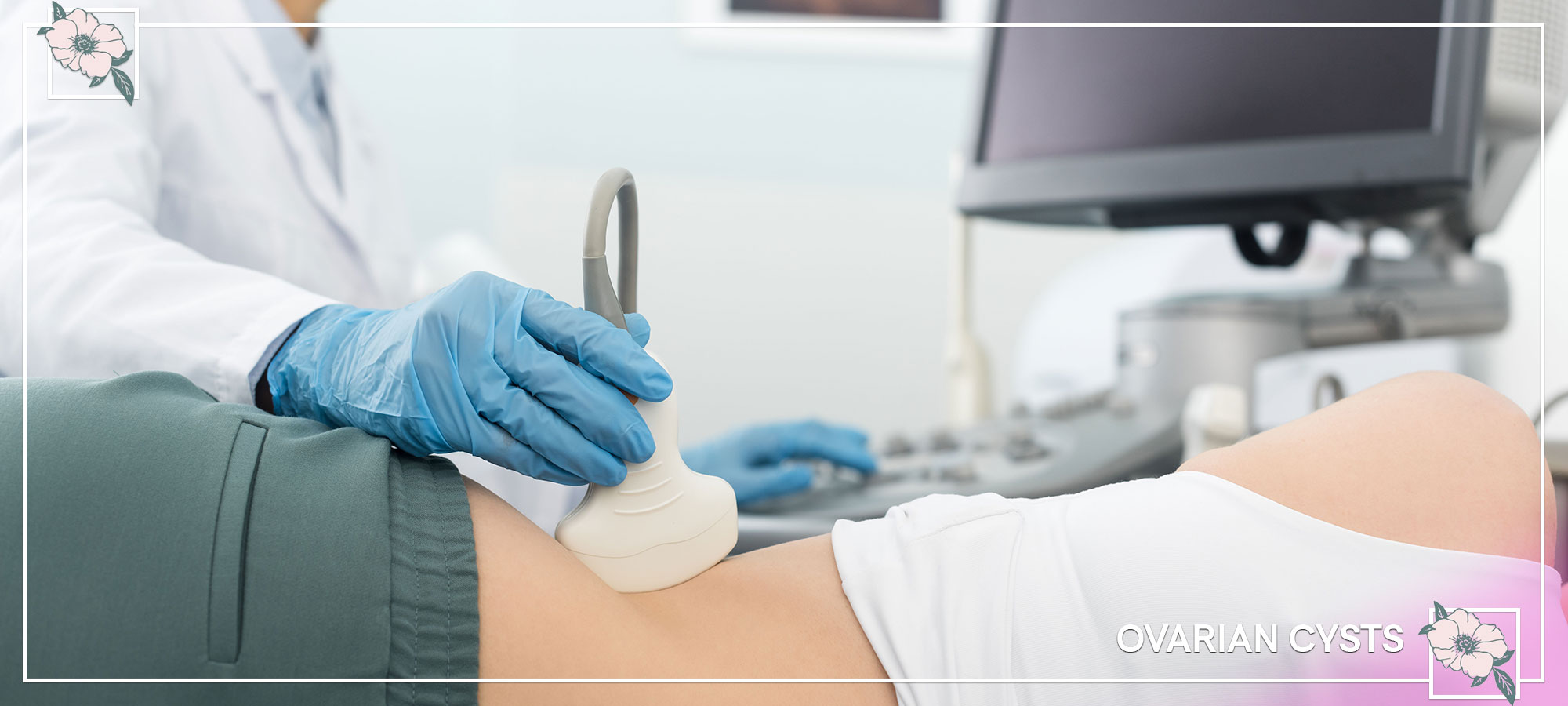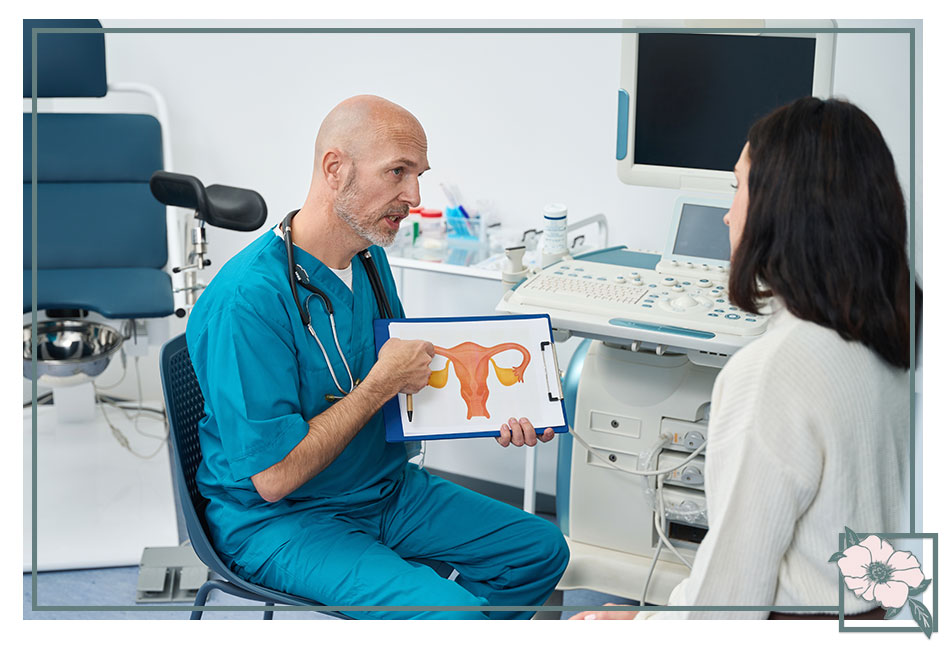
Ovarian Cysts
Southern Crescent Women’s HealthCare
You may have an ovarian cyst and not have the slightest clue it’s there. But if your Southern Crescent Women’s HealthCare provider in Fayetteville, Newnan, and Stockbridge, Georgia finds one during a routine exam or you start experiencing abdominal pain, you may need treatment. The highly qualified multidisciplinary obstetrics and gynecology team has many years of experience and is equipped with the latest advanced technologies to provide you with the best possible care. Call Southern Crescent Women’s HealthCare today, or book an appointment online.
Ovarian Cysts Q & A
What is an ovarian cyst?
Ovarian cysts are fluid-filled pouches that develop in or on the ovaries. They’re very common, and many women have them without ever knowing, as they often cause no problems and disappear naturally. There are different types of cysts:
- Functional cysts: Rarely cause problems and resolve without treatment
- Teratomas: Formed of bodily tissues and may grow premenopause
- Cystadenoma: Large cysts that are usually benign
- Endometrioma: Cysts caused by endometriosis
As cysts rarely cause any symptoms, your provider may find them during your well-woman exam or when you undergo a diagnostic procedure for an unrelated reason. Occasionally, cysts cause some discomfort, and it’s possible for large cysts to cause the ovary to twist painfully. If a cyst bleeds or bursts, it causes immediate, severe pain.

How are ovarian cysts diagnosed?
If you have symptoms that indicate you could have an ovarian cyst, your provider at Southern Crescent Women’s HealthCare can run some tests to find out for sure. The clinic has advanced ultrasound facilities at all its locations, which display images of your internal organs. The images show the size, shape, and solidity of the cyst.
Your provider may also take blood to double-check that there’s no sign of ovarian cancer.
How are ovarian cysts treated?
If your cysts aren’t causing any problems, there may be no need to treat them, as they could go away on their own accord. In this case, your practitioner may recommend watchful waiting, monitoring the cyst to see if anything changes. They may also suggest medical management, using hormonal contraceptives to prevent new cysts from forming.
If you’re experiencing problems with your cyst, it’s grown sizeably, or there’s any indication of cancer, your provider may recommend surgery. You can have a cystectomy to remove the cyst, or you may need to have an oophorectomy, where the whole ovary is taken out.
Often these procedures are performed using a laparoscope, a slim, flexible tube that passes through small incisions in your abdomen. The laparoscope has a light and a miniature camera on the end, which sends clear images of your ovaries to your surgeon. They can then pass instruments through other small incisions to perform the surgery.
Open surgery may be necessary if the cyst is too big to take out laparoscopically, or if there’s any risk you have ovarian cancer.
To schedule a well-woman exam or discuss any abdominal symptoms you’ve been experiencing, call Southern Crescent Women’s HealthCare today, or book an appointment online.

